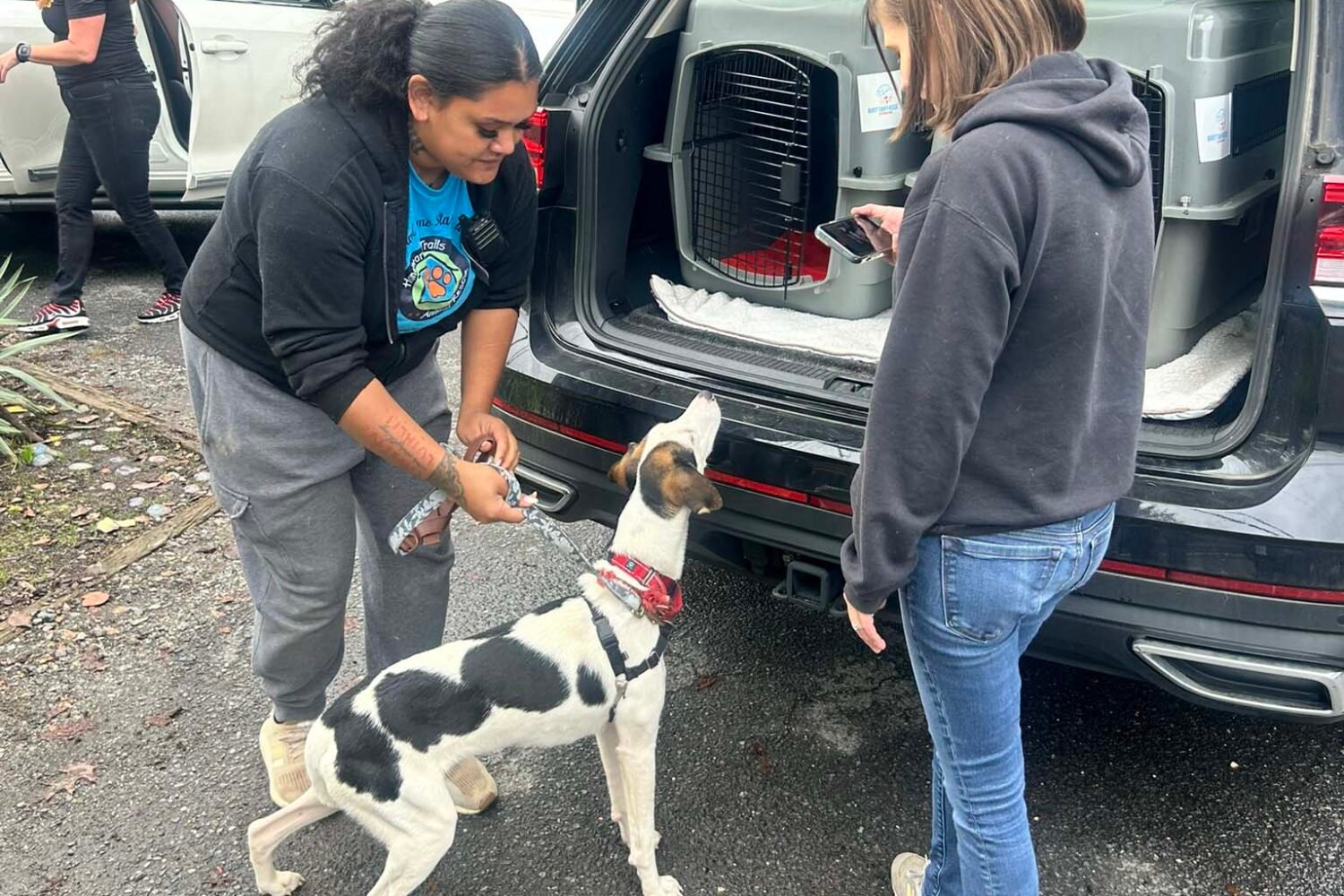When Peter Grenier’s clients brought their two young daughters and dog to a cookout next door to their home in Clarksburg, they were oblivious to the danger. Not thinking anything of it, they allowed the terrier to roam off-leash in their friends’ back yard—but he got too close to a hole in the fence. A neighbor dog reached its head through and clamped down hard. Though the family eventually pried their terrier free and rushed him to the vet, the animal was beyond saving.
To add to the trauma, they may not be fully compensated for the loss. The medical bills topped $8,000, but under the law, the offending dog’s owners don’t have to pay more than the terrier’s “fair market value.” In Maryland, that amount is capped at $7,500. In other words, says Grenier, “if they totaled your car, it’s the same as if they killed your pet.”
The clients, who declined to be named, are trying to settle out of court. However, they could try to get far more than just the vet costs by suing for emotional distress—something that seemed a long shot until a couple of months ago: In December, a Maryland appeals court determined that another family was owed $200,000 for the pain they endured after Frederick County police shot their dog.
The idea behind that decision—that a pet can have a non-economic value—is precedent-setting. Still, animal lovers have a long way to go because federal law defines pets as property, not as family members or cuddly best friends. That means in many respects—whether in a case like Grenier’s or in determining who gets custody of pets in a divorce—the law is struggling to catch up with the way modern pet owners feel about their nonhuman companions.
Animal advocates such as Stacy Wolf, senior vice president of the ASPCA Anti-Cruelty Group, are working to remedy this situation one law at a time. Her organization has had recent success with “pet protection orders,” which allow judges to include animals in legal protections shielding human domestic-violence victims from abusers. In December, Ohio became the 27th state (plus DC) in which victims can protect pets the way they can themselves and their children.
Representatives Katherine Clark of Massachusetts and Ileana Ros-Lehtinen of Florida last year introduced the Pet and Women Safety (PAWS) Act, which has the same aim. In addition, the federal legislation would prohibit abusers from crossing state lines to harm a domestic partner’s pets, making it a federal offense under the Violence Against Women Act. Congress failed to act on the bill before the end of the last session, but ASPCA’s Wolf says it’s expected to be reintroduced this year.
Pets are also helping divorce lawyers rack up billable hours in more typical cases. More than 25 percent of attorneys responding to a 2014 survey by the American Academy of Matrimonial Lawyers reported an increase in the last five years in matters where pet custody was an issue.
Sanford Ain, a name partner at the DC divorce firm Ain & Bank, says that in his experience, parents with joint custody of children usually decide to have the pets travel between homes, too. But when there are no kids involved—or more to the point, when the pets are the children—the decision gets tougher.
Linda Ravdin, a divorce lawyer at Pasternak & Fidis in Bethesda, represented a client in a separation from a domestic partner with whom she shared three cats. Each half of the couple decided to take one cat, but they couldn’t agree on what to do with the third. After months of negotiating about the pets and other issues, Ravdin’s client finally decided to let go. “Eventually, they just both wanted it over,” says the lawyer. “My client was ready to move on.” (But not before she’d spent enough time fighting for the cat that the animal accounted for a quarter of her legal bill.)
If the dispute had wound its way into a courtroom, custody of the cats would simply have been awarded to whoever paid and signed the papers during the adoption process. “The law hasn’t caught up with how people feel about this,” Ravdin says, because the person who writes the check for a pet isn’t necessarily the one who ends up caring for it.
In at least one area, pet owners can easily make the law work to their animals’ advantage: estate planning. Through pet trusts—legal in the District and nearly all 50 states, including Maryland and Virginia—people can allot money (in either a lump sum or periodic disbursements) to cover food, medical costs, grooming, and other expenses for their animals after their deaths. The trusts can also be used to name a caregiver for the pets, the location where the animals will live, and a trustee in charge of managing the funds.
Allison Lee, an attorney at Paley Rothman in Bethesda, has a client who’s bequeathing his house to his two cats. In this instance, the plan must also take into account how much money will be needed to keep up the home and pay for utilities and how often the caregiver must be present.
Though such an arrangement isn’t typical, at least not yet, Lee doesn’t see anything strange about it: “Would you want your child to be uprooted?”




















